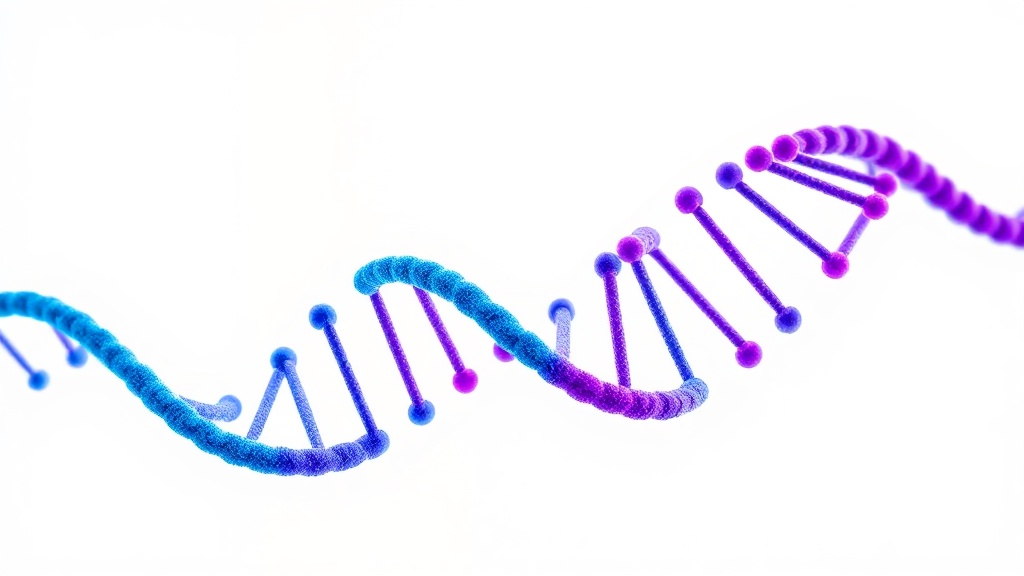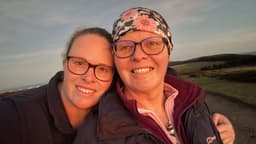Home / Health / Sisters Diagnosed with Breast Cancer Months Apart
Sisters Diagnosed with Breast Cancer Months Apart
24 Nov
Summary
- Two North Carolina sisters diagnosed with breast cancer within months.
- Both sisters found to carry the CHEK2 gene mutation.
- Each underwent urgent double mastectomies as treatment.

Two sisters from North Carolina, Kate and Elizabeth Singletary, both 27, faced a daunting breast cancer diagnosis in close succession. Their journey began when Kate discovered a lump in March 2024, leading to a Stage III diagnosis. Shortly after, genetic testing revealed both sisters carried the CHEK2 gene mutation. This discovery heightened their risk and was followed by Elizabeth’s own Stage I breast cancer diagnosis approximately six months after Kate's initial detection.
This shared genetic predisposition and diagnosis led both sisters to undergo urgent double mastectomies within a five-day period. They recovered together, supporting each other through post-operative care. Kate's treatment involved chemotherapy, surgery, and radiation, while Elizabeth also received aggressive treatment. Their experience underscores the aggressive nature of breast cancer in younger patients and the impact of inherited mutations.
Now both sisters are cancer-free. Their case has prompted medical professionals to emphasize the critical need for early genetic screening and high-risk monitoring protocols for women with a family history or known gene mutations. The Singletarys' father also previously battled cancer, marking three family diagnoses in six years, further emphasizing the genetic component of their health challenges.




